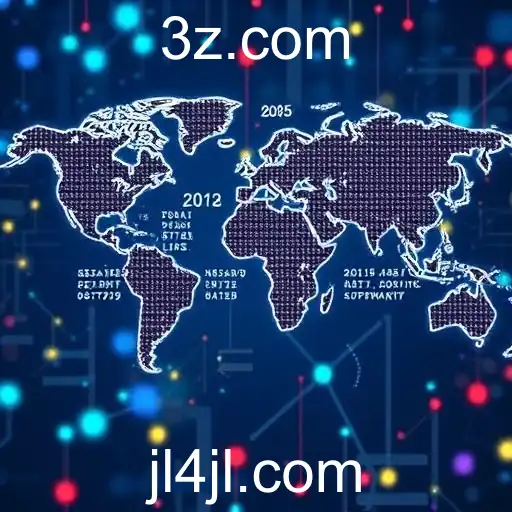
Exploring the intersection of AI advancements and global regulatory responses in 2025.
As we navigate through the year, the world continues to witness significant advancements in artificial intelligence (AI) technology. These developments are not just reshaping industries but also influencing international policies and regulations. One of the pivotal themes of 2025 is the global attempt to strike a balance between encouraging AI innovation and implementing regulations to manage potential risks.
The past few years have seen AI emerge as a transformative force in sectors such as healthcare, finance, and transportation. In healthcare, AI algorithms are playing an essential role in early diagnosis and personalized treatment planning. In finance, they are enhancing fraud detection mechanisms and customer service experiences. Meanwhile, autonomous vehicles are inching closer to reality, promising to revolutionize the transportation industry. These innovations are poised to bring economic growth, efficiency, and improved quality of life worldwide.
However, alongside these benefits lie significant challenges and risks, such as privacy concerns, job displacement, and ethical considerations. These challenges have sparked a global dialogue on the need for comprehensive regulatory frameworks. Governments around the world are actively engaging in discussions to create policies that govern AI development responsibly, ensuring public safety and trust.
The European Union continues to lead with its approach to AI regulation, emphasizing the importance of transparency, accountability, and human oversight in AI systems. The EU's regulatory framework sets strict guidelines for the deployment of AI technologies, particularly in high-risk areas. In the United States, debates are ongoing about how best to leverage AI's potential while addressing its societal impacts. Various regulatory bodies are working to establish AI ethics committees and partnerships between the public and private sectors.
Meanwhile, in Asia, countries like Japan and South Korea are investing heavily in AI research and development, viewing the technology as a cornerstone for future economic growth. These nations are also participating in international dialogues to contribute to the creation of global standards and best practices.
As we progress through 2025, it is evident that the future of AI lies not only in the hands of technologists but also in the collaborative efforts of international policymakers. The convergence of technology and regulation will play a crucial role in determining how AI will shape our societies in the decades to come.




